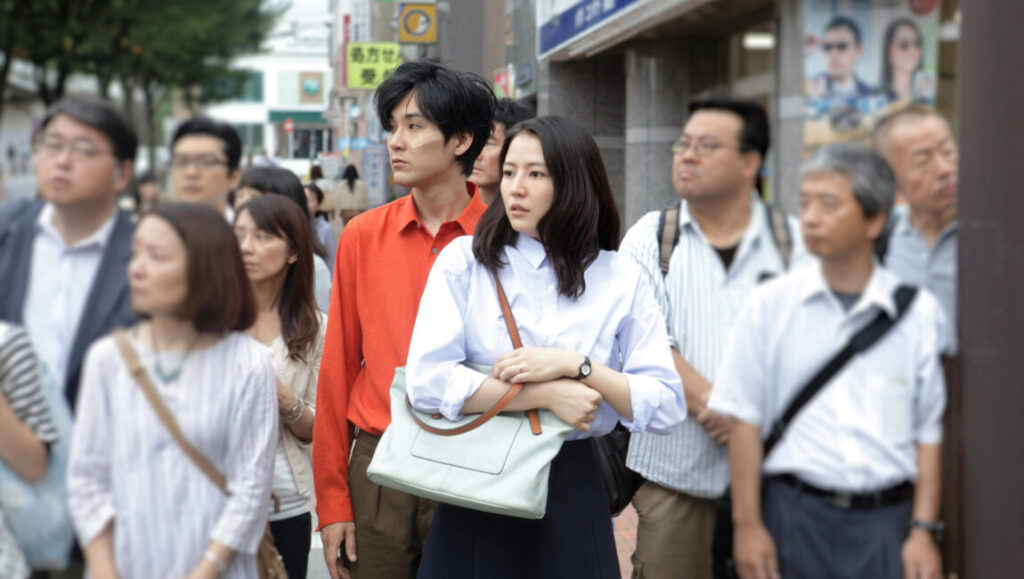In the 1990s and 2000s, Kiyoshi Kurosawa emerged as one of world cinema’s most accomplished and interesting filmmakers: Cure, Pulse, Bright Future, and Doppelganger (among others) are potent, arthouse-friendly genre films — or, alternately, genre-friendly arthouse films — that far transcend their J-horror marketing to explore, in indelibly haunting ways, themes of technology-induced human alienation and familial and societal dysfunction and disintegration. In more recent years, Kurosawa has continued to mine his thematic concerns, but to considerably diminished effect. Save for his 2012 television mini-series Penance and his most recent feature, 2016’s Daguerrotype — which successfully transplanted the director’s style to a French-language setting — Kurosawa’s output this decade has mostly consisted of meandering reiterations of subjects previously explored with far greater skill and precision in his earlier films. Alas, his latest, Before We Vanish, can be squarely placed in just such a category
The film begins promisingly enough, with a gruesome family murder and a schoolgirl perpetrator licking the blood off her fingers, which unexpectedly shifts the film from an ominous tone to a more comic one. This opening sets us up for Kurosawa’s almost perverse refusal to remain in one register, as the film veers wildly between romantic comedy/drama; sci-fi B-movie; and apocalyptic thriller. The main thrust of the narrative concerns an alien invasion: three alien scouts are sent ahead of the other invaders, taking over humans’ bodies for their reconnaissance mission. These aliens learn human language and concepts, like “work” and “love,” by essentially stealing them from their unsuspecting victims, who are in turn robbed of the capacity to understand these ideas anymore. The film’s intriguing approach to this is to frame the ‘body-snatching’ not as a horrifying act but rather one of becoming freed from societally imposed concepts and modes of accepted behavior. Unfortunately, Kurosawa’s slack sense of pacing results in an overlong runtime well north of two hours—and his lack of control over a schizophrenically erratic tone sinks his film.
Published as part of New York Film Festival 2017 | Dispatch 4.


Comments are closed.